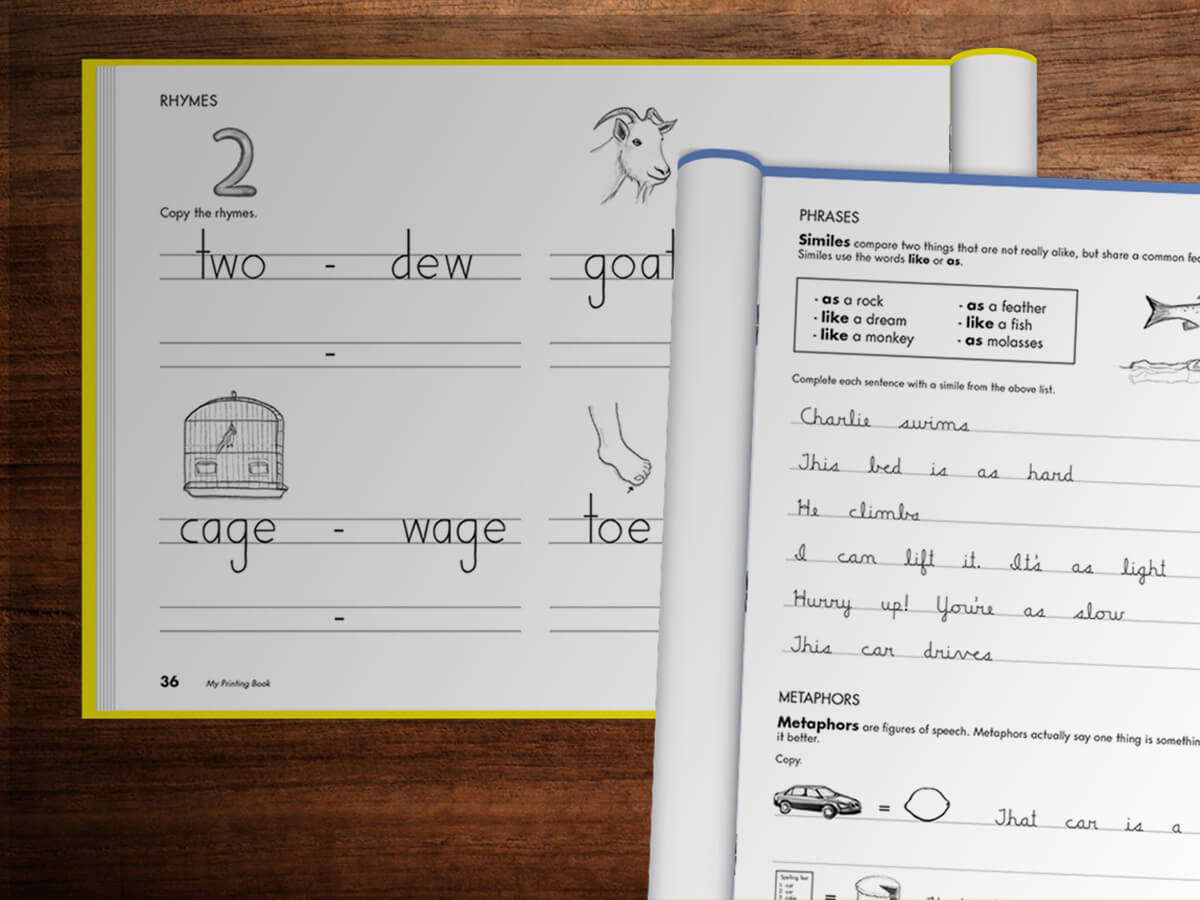Guest Post by Ted Baxter
In 2005, I was at the top of my game-a successful business man in peak physical condition. I spent my workdays traveling the globe as a financial services executive. Then, at age 41, with no warning signs whatsoever, I had a massive ischemic stroke. The doctors feared I wouldn’t survive.
But I did survive. And even though the recovery period was rough and a long battle back (including three seizures, loss of speech, inability to write, memory loss, and the loss of use of my right arm and leg) my life has (mostly) returned to my pre-stroke normalcy.
One of the main impairments that I suffered from was aphasia, a condition that affects a person’s ability to communicate. In those first tough months, my family and friends provided countless caring acts that helped me not only regain my speech, but also provided the desperately-needed hope that my situation would improve.
Here are a few of the most helpful caring acts that family and friends did for me during my time of need. If you know someone who has had a stroke, or suffers from aphasia, perhaps these examples will spark an idea for how you can care well for them.
- My wife bought me flashcards to test my speech and comprehension for remembering the words and comprehending what the verb was or who the famous person was depending on the question. [Related: See Tactus Speech Therapy for free resources.]
- My sister-in-law sent me a 1st grade workbook. It was focused on simple sentences, nouns, and verbs and I had to complete the sentence with a noun or a verb. At first, it provided a menu of nouns and verbs that I could choose from. Then, as I became good with these exercises, I would have to figure out what the verb or noun was without any menu. This was extremely productive, and I could do this on my own whenever I wanted.
- When my close friends came to visit me at the hospital, they would bring the periodicals such as USA Today and The Wall Street Journal, to read to me what was going for that particular day. I knew that I couldn’t understand what they were reading, and they knew I couldn’t speak either, but, as my friends, they knew I needed some real support and for them to tell me that things would get better. Just listening to their words calmed my emotions down, and hearing the words again and again, each day, helped me to start to understand.
- Some of my friends left me sport magazines so that I could go through it and look at the visual objects. They hoped that these images would jog my memory to relate things like sports.
- Many of our neighbors and acquaintances sent brief letters or cards that they had written. This was so thoughtful and it made me realize that they really cared. Even though I couldn’t personally read the cards, but my wife read them to me and explained the content.
If you have had a stroke, or you are caring for someone who has had a stroke or suffers from aphasia, please write a comment in the comments sections. I’d like to hear what caring acts people enacted for you, and how this helped your recovery.
Best wishes,
Ted
About the author: After spending 22 years in the financial industry, Ted W. Baxter retired as a global finance executive with a large hedge investment firm based in Chicago.
Ted now resides in Newport Beach, CA where he volunteers at several health-related institutions and hospitals in Orange County, leading groups in a stroke-related communication recovery program, and is a stroke and aphasia advocacy ambassador. He is the author of Relentless: How A Massive Stroke Changed My Life for the Better. For additional information, visit www.tedwbaxter.com.









0 Comments